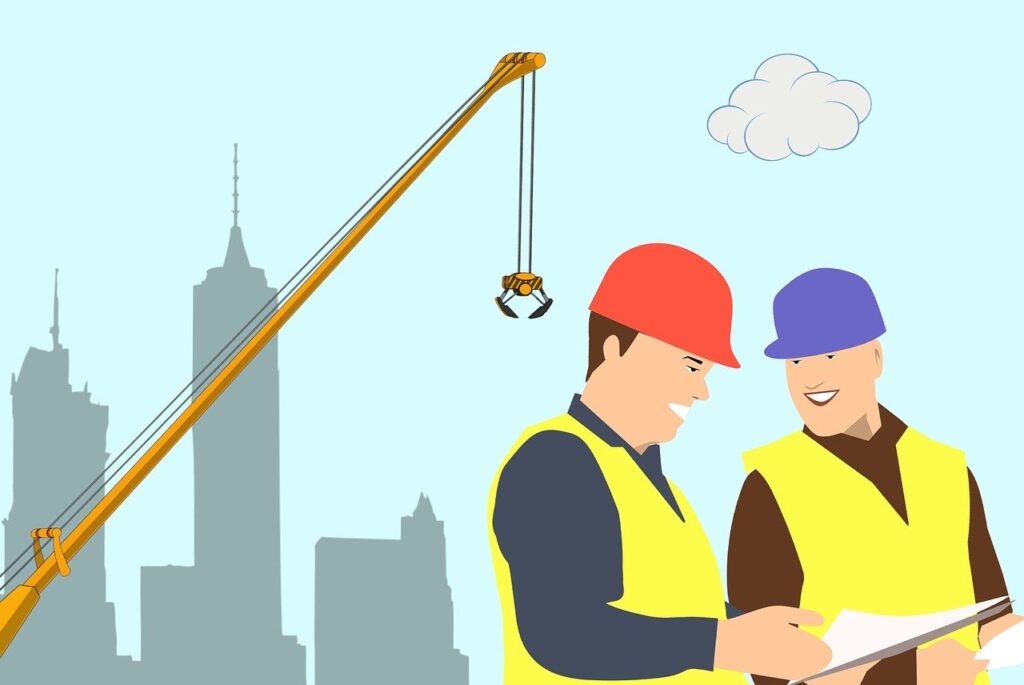Higher Inflation has Caused House Prices to Decline

For the first time since the Brexit vote, house prices continue to deflate for a second month in a row as property prices dropped by 0.6% in January, after a 0.8% drop in December. However, year on year prices are still up in 2018 with the average price at £223,285, 1.9% higher than January 2017’s £219,217. Property prices are expected to grow by 1-2% in 2018.
A slight property shortage in the UK and low mortgage rates are possibly the only reasons that we are not seeing drastic falls in house prices and they are expected to hold the property market relatively steady for 2018 with a 2% growth. However, with the recent data, it is hard to have any positive predictions.
The main culprit for the current slowing in house price growth is the fact that real incomes are squeezed. In addition to economic uncertainty, low economic visibility and the continuous Brexit negotiations are all helping to stagnate the property market which has resulted in slowing growth. Although employment levels grew by more than 102,000 in September through to November, the consumer price index continues to grow faster than wages, with consumer price inflation at 3% and pay growth at 2.4%. The fall in the pound post-Brexit has increased the cost of imported goods and services, resulting in a crippling inflation and people are hesitant to put up the money for major spending decisions.
Another Interest Rate Hike Could Happen in May
While consumer price inflation is at its highest in 5 years, the Bank of England also raised borrowing costs for the first time in 10 years, resulting in a steep decline in mortgage approvals. Furthermore, rumors exist that they are getting ready for another 0.25% interest rate hike as soon as May 2018, although it is hard to imagine that the Bank of England will not recognize the slowing market in front of them.
It is still too early to determine if scrapping the Stamp Duty Tax for first-time buyers purchasing property up to £300,000 will affect property prices and also increase the slowing pace of the property market. The Office for Budget Responsibility predicts this tax cut will raise the property prices by 0.3% in 2018. However, it probably won’t help the London market where the most exclusive areas are selling at an average 10% lower than asking prices.

New Homes are being Built but not Enough
With house building rising in the last two years, up by almost 20% and 217,000 properties coming to the market in 2016-2017, it is possible that the supply of the housing equation will influence prices in 2018. Although, it is still far off from the 300,000 goal set by the government and not enough to satisfy the imbalance. This year will be a see-saw for house prices as we see the true impact of all the factors and tax changes.
The UK property market with a shortage of properties and high demand has remained resilient amongst the Brexit vote, economic instability and uncertainty; however, it appears that high inflation and a squeeze on real income is starting to take its toll on the market.